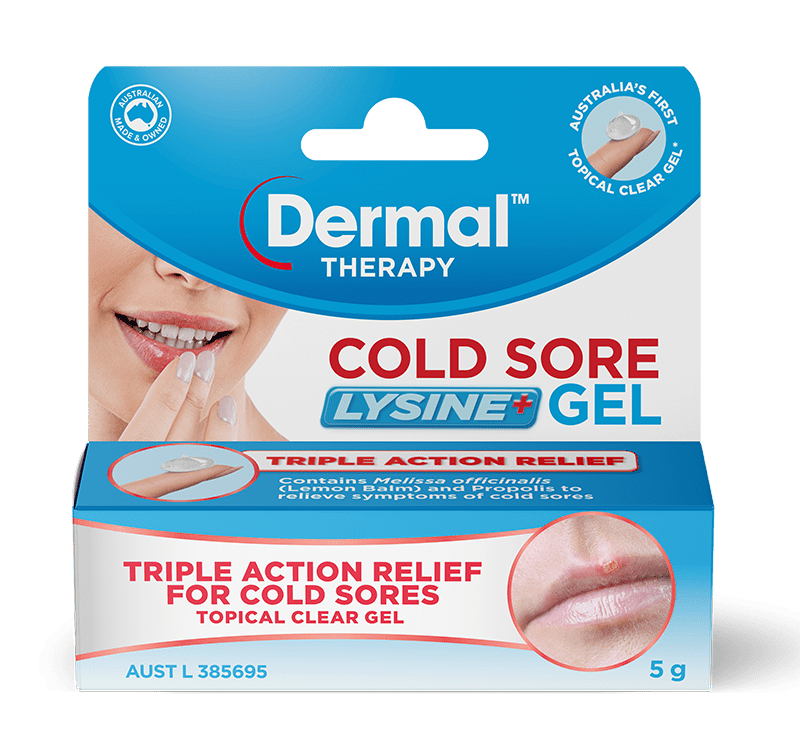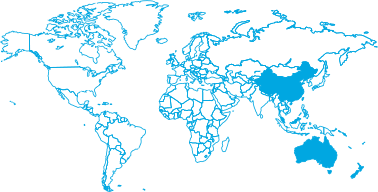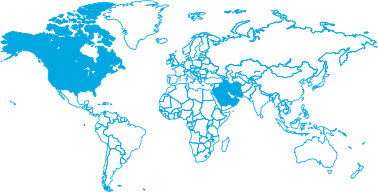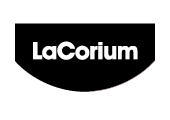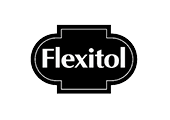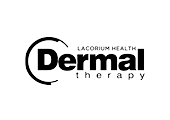Cold Sore Triggers You Didn’t Know About: From Sun Exposure to Diet

Area
Cold SoreKey Takeaways:
- Did you know that sun exposure can trigger cold sore outbreaks?
- The levels of amino acids in your diet can influence cold sore flare-ups.
- Dehydration and hormonal shifts are often overlooked but can contribute to cold sore reactivation.
- Dermal Therapy Cold Sore LYSINE+ Gel uniquely targets all cold sore stages for comprehensive relief.
Notice a slight tingle or itching in your lips? If you’re reading this, you probably already know the unwelcome signs of a cold sore. Recurring outbreaks can be a real nuisance, impacting your comfort and confidence.
Common causes like stress and illness are well-known. But what if we told you that the triggers behind those frustrating flare-ups could be lurking in unexpected places?
Uncovering the lesser-known causes of your cold sores with Dermal Therapy as we share our expertise, remedies and guide you toward long-term cold sore relief.
Surprising Cold Sore Triggers You Need to Know
Think you know everything that causes a cold sore? Think again. Some seemingly harmless habits and everyday exposures could be setting the stage for your next outbreak. Here are the triggers to watch out for and how to avoid them.
UV Radiation and Sun Damage
You may not know it, but a relaxing day in the sun could be the cause of your next cold sore. UV radiation can temporarily weaken the lip’s local immunity, allowing the dormant HSV-1 cold sore virus to reactivate.
Research indicates a clear link between sun exposure and recurrent cold sore outbreaks, with seasonal increases during high UV index periods, particularly among children and teenagers.
But there is a solution. Studies have found that applying sunscreen before UV exposure completely prevented the development of facial herpes in 71% of participants. Dermatologists often recommend protecting your lips from sun-triggered cold sores by using a broad-spectrum SPF 50+ lip balm every day and reapplying frequently for added protection. Consider wearing a hat for extra shade and avoiding tanning beds or other unnecessary exposure to UV.
Diet, Nutrition and Amino Acids
Emerging research suggests that what you eat might also play a role in cold sore outbreaks. The herpes virus relies on arginine, an amino acid, to replicate. Another amino acid, lysine, is thought to inhibit this process by competing with arginine. So, the balance between these two amino acids in your body and diet could influence how easily the dormant virus can reactivate.
If you’re prone to cold sores, consider monitoring or restricting foods rich in arginine, such as nuts (like peanuts and almonds), seeds, chocolate, and whole grains. Conversely, incorporating more foods containing lysine, such as fish, chicken, turkey, dairy products (especially yogurt and parmesan cheese), and some fruits and vegetables, could be a helpful adjustment to your diet.
While this link is still being studied, a balanced, nutrient-rich diet certainly supports overall immune health, which is key in managing HSV-1.
Lip Health and Dehydration
Dry, cracked lips are never pleasant. But did you know that dehydration can significantly impact your lip health, making them more susceptible to cold sore outbreaks? When your body lacks fluids, your lips can become dry and cracked, acting as entry points for the herpes virus to reactivate. Staying well-hydrated is essential for maintaining overall skin health, so remember to drink plenty of water throughout the day and use a lip balm to keep your lips moisturised and healthy.
Hormonal Changes and Immunity
Hormones could also play a role in your battle against cold sores. Studies indicate that changes in hormones, particularly associated with the menstrual cycle, can lead to changes in immune system responses. Some women report experiencing cold sores around the time of their period, possibly due to this slight dip in immune function. Being aware of your body’s natural rhythms can give you insights into how your cold sore triggers change over time.
Act Fast with Dermal Therapy Cold Sore Treatments
As soon as you feel that familiar tingle, acting fast is your best defence. Delaying cold sore treatment allows the herpes virus to multiply, making the outbreak potentially worse and longer lasting. But by intervening quickly with Dermal Therapy remedies, you can help to speed up the healing process.
Dermal Therapy Cold Sore LYSINE+ Gel is Australia’s first clear topical gel with lysine, with discreet application that allows you to monitor healing without the noticeable white residue, common in many cold sore creams.
Its unique triple-action formula combines lysine, chosen for its potential to inhibit viral replication, with propolis and lemon balm, traditionally used for their antiviral and healing properties. The addition of menthol and camphor provides a soothing and cooling sensation, helping to alleviate that burning, tingling discomfort.
This targeted cold sore cream works throughout every stage, from the initial tingle and blistering to the weeping, drying, and final healing phases.
Find the Cold Sore Relief You Need with Dermal Therapy Cold Sore LYSINE+ Gel
Now you know the little-known causes of cold sores, you can start taking steps to manage and minimise their impact on your life. Beyond everyday stress and illness, understanding factors like sun exposure and diet can help you adopt preventative strategies.
So be prepared when that telltale tingle arises with Dermal Therapy Cold Sore LYSINE+ Gel. Find your nearest stockist online now.
Plus, delve deeper into the science of cold sores with our Knowledge Hub, and check out articles from our experts on the lifecylce of a cold sore and the secrets of lysine for cold sore prevention.
References
Pubmed.gov – Sunlight is an important causative factor of recurrent herpes simplex
Pharmica.co.uk – Is the Sun Triggering Your Herpes Outbreak?
Healthline.com – Lysine for Cold Sores: Everything You Need to Know
Pubmed.gov – Immunology and the menstrual cycle

